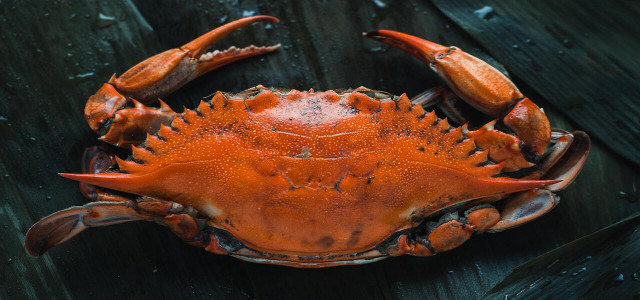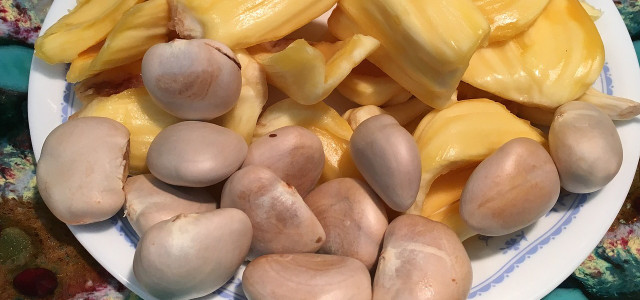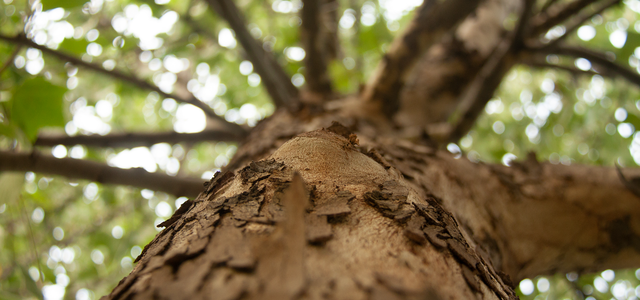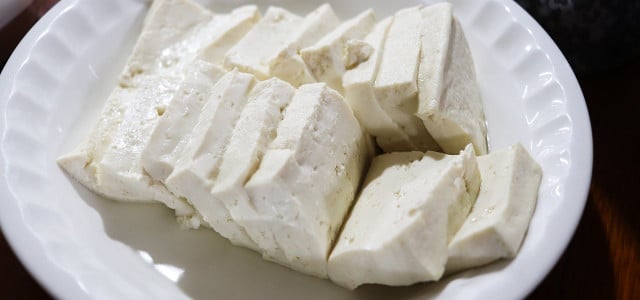Wondering if imitation crab is vegan? It doesn’t contain crab, but it also isn’t suitable for plant-based diets. Find out what it is and learn about tasty vegan alternatives.
You would be forgiven for wondering if imitation crab is vegan because we live in a world full of meat substitutes. The plant-based movement is sweeping across the US as more and more research reveals the environmental impacts and health risks associated with consuming meat. There are vegan imitations of just about every popular meat on our shelves, but imitation crab isn’t one of them. Imitation crab is a fish-based product and is definitely not plant-based.
It’s made using inexpensive white fish (typically whiting, mackerel or pollock), which is deboned and minced into a paste called surimi. The paste is then mixed with other ingredients like fillers, starch, food coloring, and artificial flavoring to mimic the flavor, look, and texture of real crab. On occasion, the highly debated chemical monosodium glutamate (MSG) is added to the paste. After the fish is minced in paste, it’s heated and pressed into shapes that resemble meat from a crab leg.
Popular Foods Containing Imitation Crab
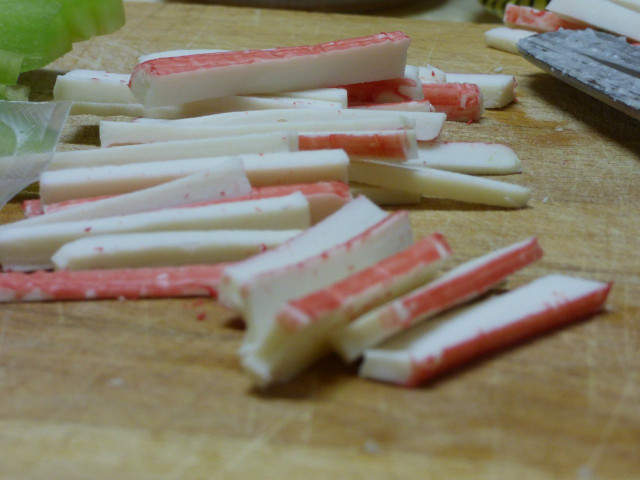
Imitation crab arrived on US shores from Japan in 1976. It became incredibly popular due to the similar taste and texture, without the high price tag. Nowadays, you’ll find imitation crab in a variety of items including:
- California rolls
- Seafood salad
- Crab cakes
- Crab rangoons
- Seafood pasta
- Seafood dips
Is Imitation Crab Sustainable?
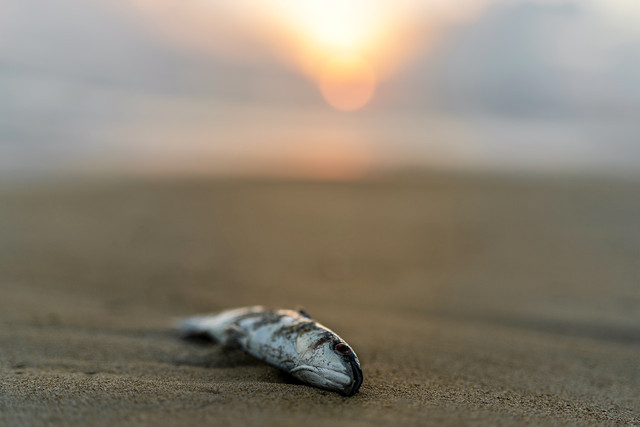


Alaska pollock is the most popular ingredient used for surimi in the US. Greenpeace has warned in the past that the stocks of Alaska pollock are under serious threat from overfishing. The Natural Oceanic and Atmospheric Administration (NOAA) however, endorses wild Alaska pollock as a sustainable seafood choice. The Wild Alaska Pollock fishery has been recognized for its successful fishery management and sustainability, and has been named as the winner of the 2021 Ocean Champion Award.
Whether certified sustainable or not, the fishing industry has a colossal impact on the environment, and surimi is popular all over the world. Production in Southern Thailand alone produces up to seven kilograms of carbon dioxide per kilogram of surimi. Carbon dioxide is making our oceans more acidic, which disrupts the natural balance, coral growth, fish and shellfish reproduction. The heavy processing of caught fish also adds to emissions. There are many things you can do to save the ocean, and eliminating imitation crab from your diet is one of them. Instead, use any of the following vegan crab alternatives.
1. Enjoy a Flaky and Nutritious Jackfruit
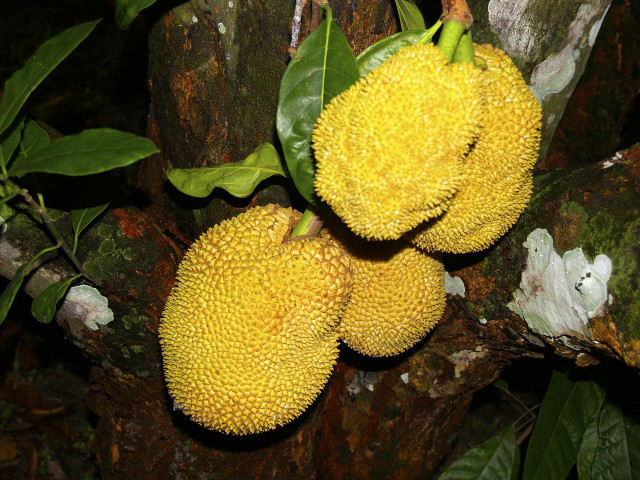


Jackfruit is a tropical favorite for making vegan pulled pork and other imitation meat dishes. It is available fresh or canned and has a flaky texture that is ideal as a vegan crab substitute. Jackfruit is loaded with nutrients, including protein, fiber, vitamin C, magnesium, manganese, and potassium.
Jackfruit trees are a fairly sustainable option because they consume little water, do not require pesticides, and can tolerate high temperatures. These trees are hardy and require little care. They do however, need to travel vast distances to reach our plate – as the US imports jackfruit from countries like Canada, Malysia, India, Uganda, Jamaica and Sri Lanka. Importing food is known to damage the domestic environment, so always shop local when you can.
In order to enjoy the fruit, make sure your jackfruit is ripe by looking for a slightly acrid smell. Even the seeds of this fruit are packed with fiber, protein, vitamins, minerals and antioxidants. So you have minimal waste and a great vegan crab substitute.
2. Try Hearts of Palm
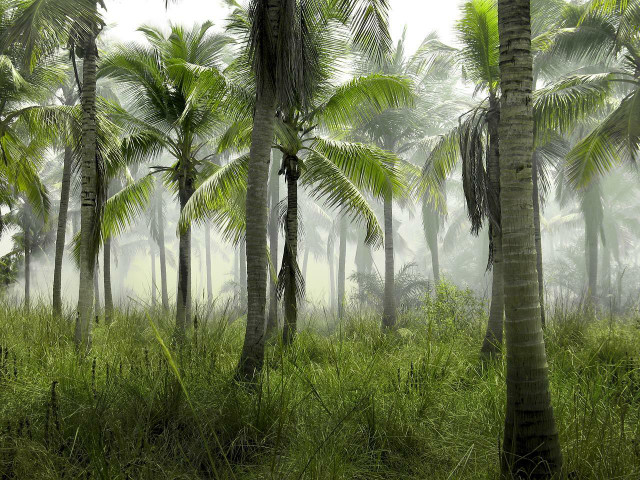


Hearts of palm have a mild flavor that is similar to artichokes but a little sweeter. They are also a favorite vegan lobster and crab alternative. Hearts of palm are the inner core extractions of a palm, and you can find them in the canned food section.
Although delicious, the heart of palm harvesting can involve cutting down an entire tree and some species die after harvesting. Massive demand and illegal poaching has resulted in some species becoming endangered and a reduction in forest biodiversity. Brazil is the main supplier of hearts of palm, including three quarters of the 150 million ton American market. Some producers there are developing innovative agroforestry systems to grow organic and sustainable produce. Always check the source of your crab substitutes.
Heart of palm is a densely nutritious food choice containing:
- fiber
- potassium
- iron
- zinc
- calcium
- phosphorus
- copper
- vitamin B2 and B6
- vitamin C
3. Replace Crab Claws With Tofu
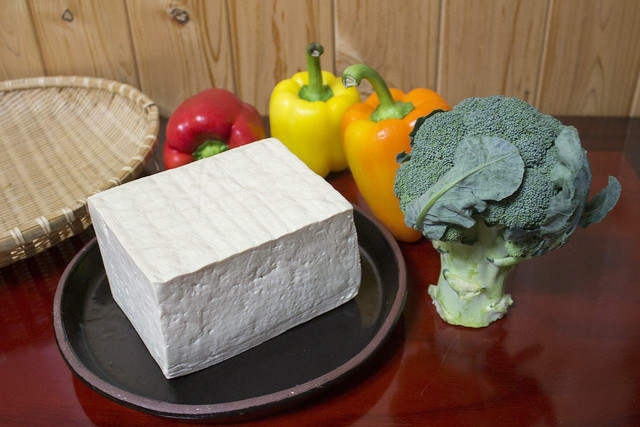


Tofu is versatile and ranges in textures from silken soft, to firm or even super firm. It is commonly used as a crab meat substitute, especially in veggie sushi and California rolls. A highly nutritious, protein-laden product, it is associated with a range of health benefits. Unfortunately however, it is not without heavy debate and environmental burden.
Tofu is made from soy. According to World Wildlife Fund (WWF), soy cultivation is the second largest driver of deforestation in the world after beef. Soy is mass produced to meet massive global demand and is often grown using genetic engineering. New food safety regulations came into effect from from January 1st 2022 in the US, which requires all genetically modified food to be labeled as bioengineered. The FDA admits that most soy grown in the United States is genetically modified, and there are health risks associated with consuming genetically modified foods.
Three quarters of all bioengineered and soy in general is used to feed livestock not humans, which is the primary reason for demand continuing to soar. Eating an organic, sustainably grown tofu instead of a crab is still the eco-friendlier option. Always double check your labels and learn how to season tofu to get maximum versatility from your purchase.
4. Artichoke Hearts as a Vegan Crab Alternative
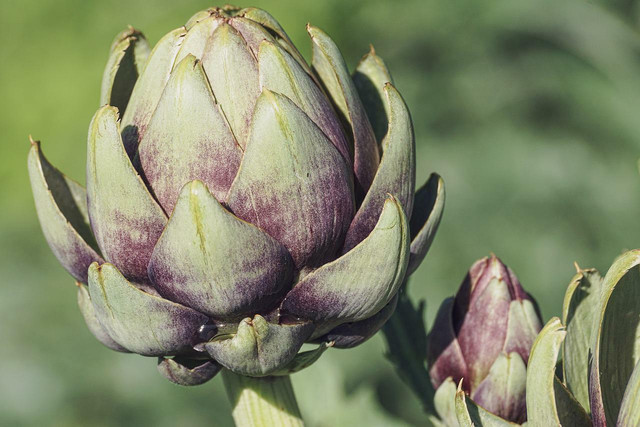


Artichoke hearts, or the inside portions of the artichoke, come fresh, marinated, or tinned. They are soft, tender, and flaky when broken up, making them ideal vegan crab substitutes. Combining them with chickpeas can create the ideal texture and along with additional vegetarian protein. You can use this blend or any of our vegan imitation crab alternatives to make sushi, veggie crab cakes, and a range of other vegan dishes.
The added good news is that artichokes are generally considered sustainable – having reasonably low carbon and water footprints, and not among the major pesticide offenders. Globe artichokes are even being considered for eco-friendly, sustainable weed control methods in crop rotations.
Read more:
- Are Swedish Fish Vegan? Yes and No
- Factory Farming: A Look at This Problematic System
- Chickpea Tofu: Easy Recipe for Soy-Free Tofu
Do you like this post?






